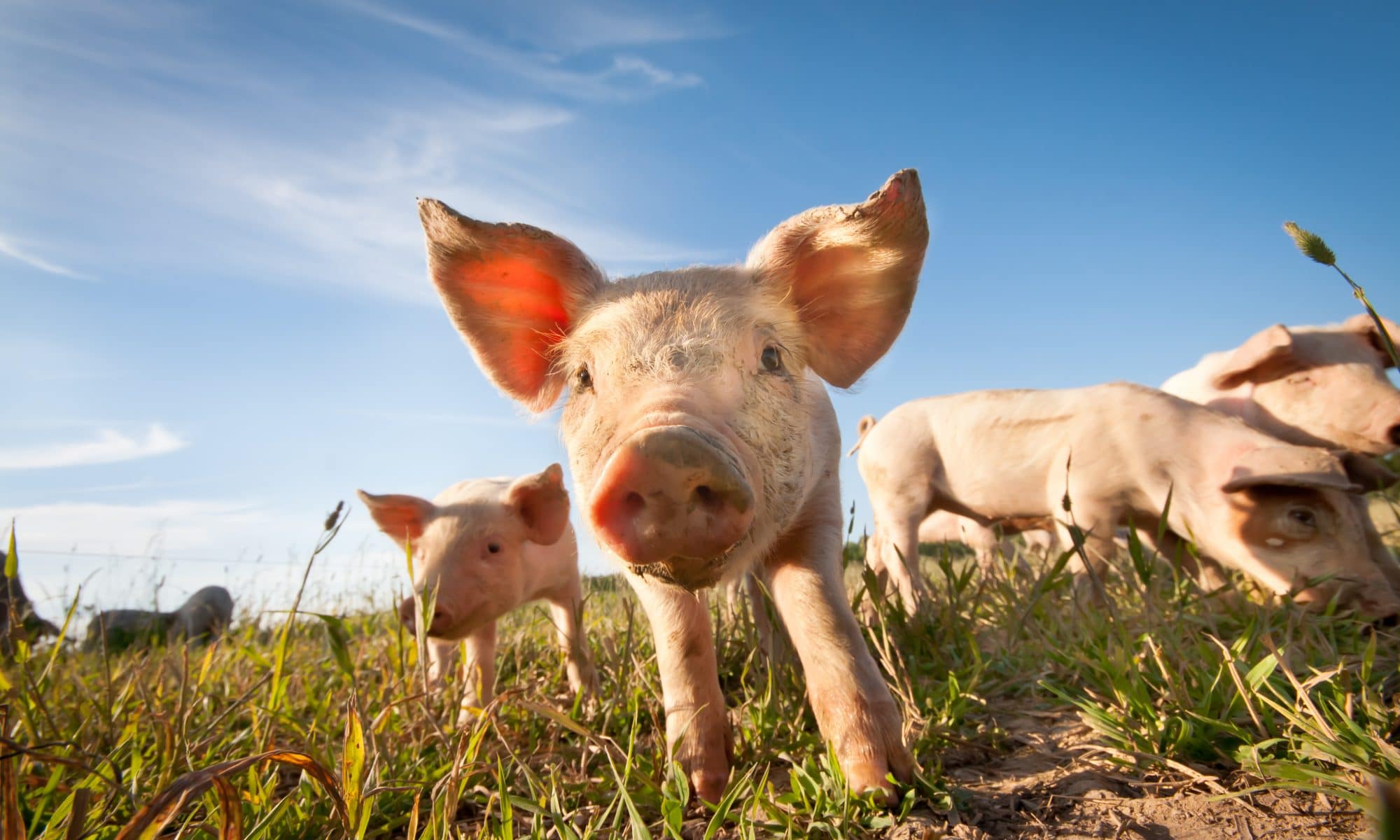U.S. Department of Agriculture officials are openly criticizing the World Health Organization (WHO) guidelines on antibiotics issued last November. USDA is reportedly developing alternative options to the WHO guidelines which limit the use of antibiotics in food animals.
The WHO guidelines called for an end to the use of medically important antibiotics routinely used for growth promotion or to prevent disease. The WHO said the drugs should only be administered to sick animals or healthy ones being raised near them, in the same flock, herd or fish population. Even then, drugs “critically important for human medicine” should not be used.
The guidelines were crafted after two years of work by experts in infectious disease, veterinary medicine and microbiology. USDA, however, has called the guidelines shoddy science and that the U.S. and other countries should have helped develop. U.S. policy bans antibiotics to promote growth in food animals, but allows the drugs to be used to prevent disease with a veterinarian’s approval.
“The WHO guidelines are not in alignment with U.S. policy and are not supported by sound science,” said Chavonda Jacobs-Young, USDA’s activing chief scientist.
According to a Bloomberg report, U.S. officials currently are involved in a working group that is developing guidelines that are weaker than the WHO recommendations. A draft of the guidelines for farmers and the WHO-related agency Codex Alimentarius allows antibiotics to be used in healthy animals to prevent disease and offers the potential for use to promote animal growth, which currently is illegal under U.S. law, the report added. Codex offers standards for international trade to ensure food safety and quality, which are implemented by specific member nations, rather than more general guidelines released by WHO.
The Bloomberg report said the Trump administration “has made little secret of its disdain for international institutions and regulations,” and “seems to be pursuing its agenda with particular vigor.” Yet the Bloomberg story noted, “the extent that antibiotic use in farm animals affects human health remains open to debate, as does how best to address the problem.”
